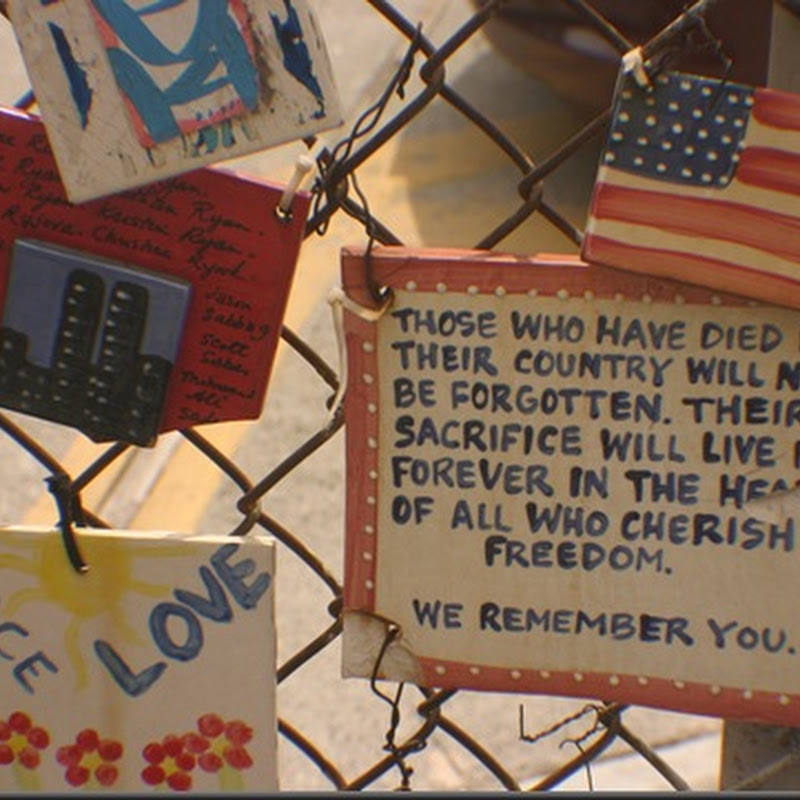DAMASCUS, Sept. 21 - In the last year or so, Barbie dolls have all but disappeared from the shelves of many toy stores in the Middle East. In their place, there is Fulla, a dark-eyed doll with, as her creator puts it, "Muslim values."

The very popular Fulla doll is sold in the Middle East wearing either a black abaya or a white head scarf and long coat. Under these modest coverings, the dolls wear fashionable dresses.
"This isn't just about putting the hijab on a Barbie doll," Mr. Abidin said. "You have to create a character that parents and children will want to relate to. Our advertising is full of positive messages about Fulla's character. She's honest, loving, and caring, and she respects her father and mother."
Though Fulla will never have a boyfriend doll like Barbie's Ken, Mr. Abidin said, a Doctor Fulla and a Teacher Fulla will be introduced soon. "These are two respected careers for women that we would like to encourage small girls to follow," he said.
On the children's satellite channels popular in the Arab world, Fulla advertising is incessant. In a series of animated commercials, a sweetly high-pitched voice sings the Fulla song in Arabic ("She will soon be by my side, and I can tell her my deepest secrets") as a cartoon Fulla glides across the screen, saying her prayers as the sun rises, baking a cake to surprise her friend Yasmeen, or reading a book at bedtime - scenes that, Mr. Abidin said, are "designed to convey Fulla's values."
A series of commercials seems more familiarly sales-oriented, starring young Syrian actresses who present Fulla silverware, Fulla stationery, Fulla luggage and, of course, new accessories for Fulla herself. "When you take Fulla out of the house, don't forget her new spring abaya!" says one commercial.
In Damascus, a Fulla doll sells for about $16, in a country where average per capita income hovers around $100 per month. And yet, said Nawal al-Sayeedi, a clerk at the Space Toon toy store in the city's upscale Abou Roumaneh neighborhood, Fulla flies off the shelves.
When Iman Telmaz took her two young daughters back-to-school shopping recently, disaster struck. Ms. Telmaz had promised the girls, 10-year-old Alia and 5-year-old Aya, new pink Fulla backpacks for the start of the school year, and the stores were sold out.
Ms. Telmaz resolved to keep looking. "The children love their Fulla dolls," she said. "Aya is starting school for the first time, and has specially asked for a Fulla backpack. For these girls, it has to be Fulla."
Ms. Sayeedi, the toy store clerk, said she felt sorry for parents.
"If you've got a TV in the house, it's Fulla all the time," she said. "The parents complain about the expense. But Fulla gives girls a more Islamic character to emulate, and parents want that."
Not everyone sees Fulla as such a positive influence. Maan Abdul Salam, a Syrian women's rights advocate, said Fulla was emblematic of a trend toward Islamic conservatism sweeping the Middle East. Though statistics are hard to come by, he said, the percentage of young Arab women who wear the hijab is far higher now than it was a decade ago, and though many girls are wearing it by choice, others are being pressured to do so.
"If this doll had come out 10 years ago, I don't think it would have been very popular," he said. "Fulla is part of this great cultural shift."
"Syria used to be a very secular country," he added, "but when people don't have anything to believe in anymore, they turn toward religion."
Fatima Ghayeh, who at 15 is a few years past playing with dolls herself, said she felt "sad that no one plays with Barbie anymore." But, pressed for further explanation, Ms. Ghayeh, dressed in a white hijab and ankle-length khaki coat, appeared to change her mind.
"My friends and I loved Barbie more than anything," she said. "But maybe it's good that girls have Fulla now. If the girls put scarves on their dolls when they're young, it might make it easier when their time comes. Sometimes it is difficult for girls to put on the hijab. They feel it is the end of childhood." "Fulla shows girls that the hijab is a normal part of a woman's life," Ms. Ghayeh continued. She gestured behind her, at a pair of excited little girls examining a rack of Fulla-branded Frisbees and pool toys. "Now the girls only want Fulla."
But Jyza Sybai , a lanky, tomboyish Saudi 10-year-old, visiting Syria with her family for a short vacation, disagreed. "All my friends have Fulla now, but I still like Barbie the best," Jyza said. "She has blond hair and cool clothes. Every single girl in Saudi looks like Fulla, with the dark hair and the black scarf.
"What's so special about that?" (Next month the new Osama Bin Ken doll)
** The article mentions that Fulla is based in Syria and all over the place in Egypt, Jordan, and Qatar. But all four of these nations are ruled by more secular Islamic leaders. A complete doll would NOT be allowed in, say, fundamentalist Saudi Arabia--where the Muttawa (religious police) run the show.







































































































































































































































0 people have spoken:
Post a Comment